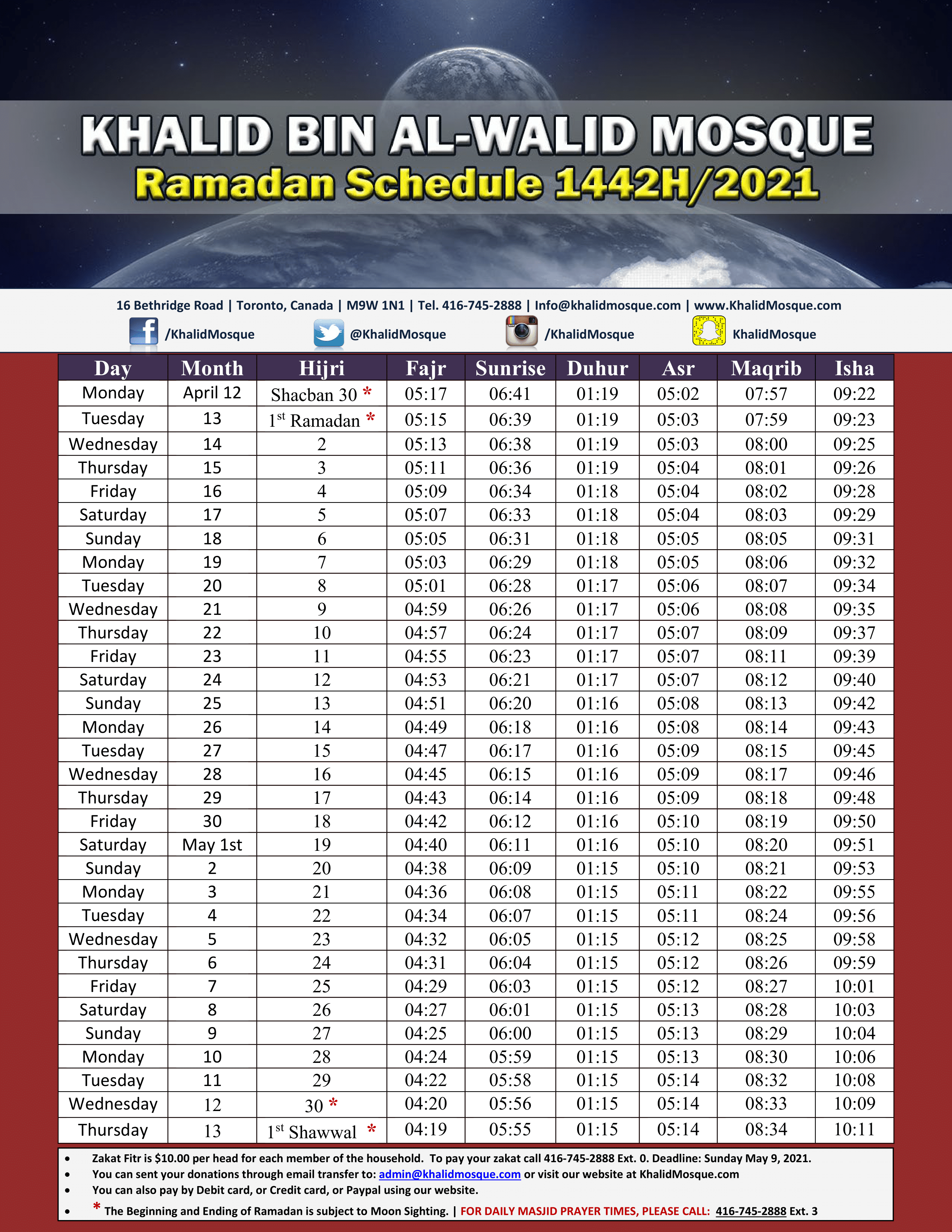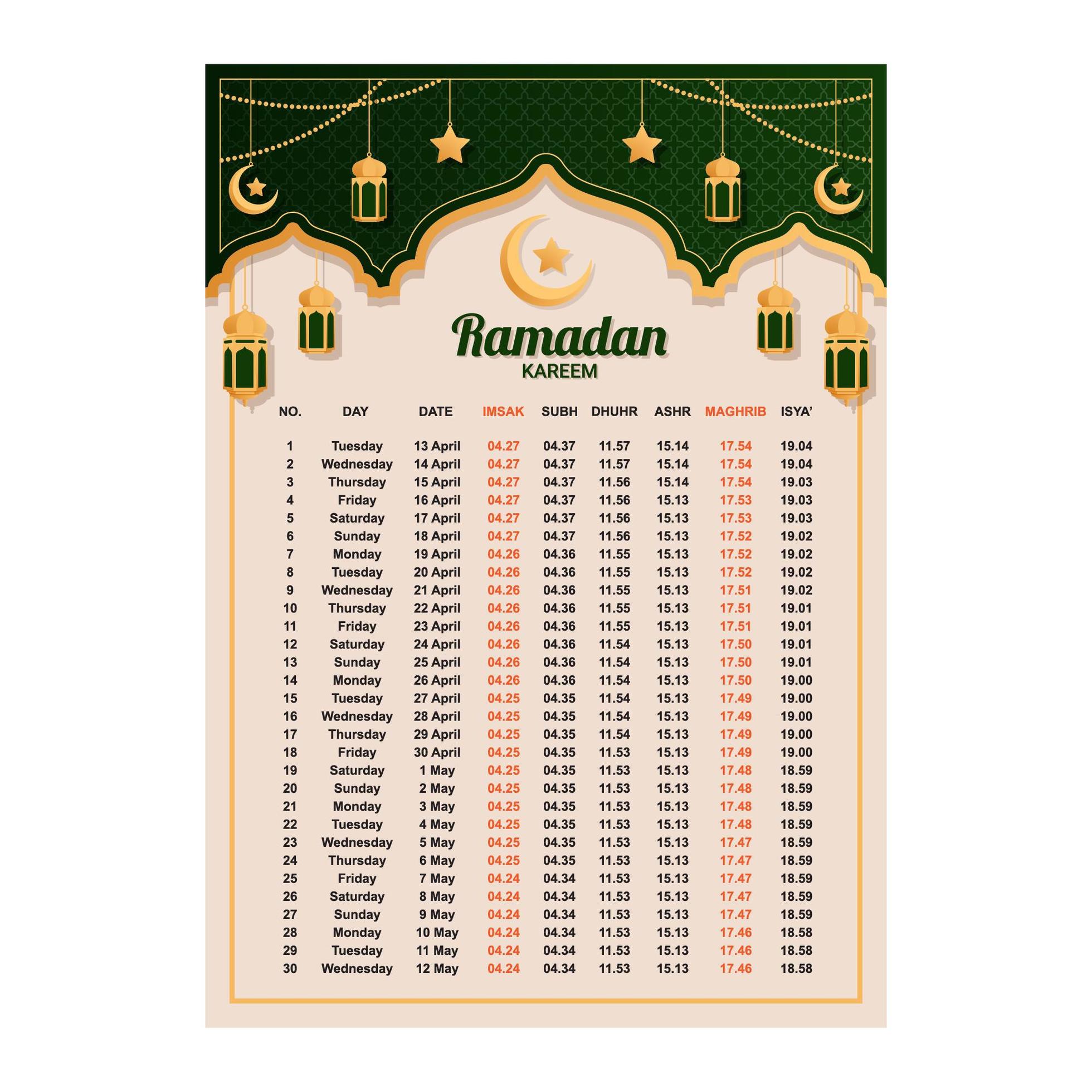Gallery
Photos from events, contest for the best costume, videos from master classes.
 |  |
 |  |
 |  |
 |  |
 |  |
 |
Currently, Start of Ramadan is observed as an official public holiday in: Afghanistan, Brunei, Malaysia, Maldives. The dates of Start of Ramadan for the next 10 years: 2025, 2026, 2027, 2028, 2029, 2030, 2031, 2032, 2033, 2034 and 2035. In 2030, we can expect to experience Ramadan both at the beginning and end of the same year. That year, Ramadan is expected to start around January 6, followed by Eid Al Fitr on February 5. Ramadan is expected to fall again on December 26. The total days of fasting that year would be 36. Islamic calendar (Hijri) for year 2030 CE, based on the global crescent moon sighting probability. Ramadan 2030 starts on sundown of Saturday, January 5th lasting 30 days and ending at sundown on Sunday, February 3, celebrating for Muslims the ninth month (Ramadan) a month of fasting, prayer, giving and self evaluation. Here are the dates of the most important Islamic holidays through 2030. These holidays move in the Western ( Gregorian ) calendar year since the Islamic (or Hijri) calendar is a lunar calendar, instead of a solar calendar. amadan in 2025 is expected to begin at sundown on Friday, February 28th and is likely to end on Sunday, March 30th,. Read for Ramadan dates for 2025,2026, 2027 up to 2030. When is Ramadan in 2030? Ramadan in 2030 will start on Sunday, the 6th of January (6/1/2030) and will continue for 30 days until Monday, the 4th of February. Ramadan 2030 is on Saturday 5th Jan, 2030 (05/01/2030) in 1775 days and ends on Monday 4th Feb, 2030 (04/02/2030) in 1805 days List of important dates and muslim holidays for the year 2030 CE. Your guide to muslim festival and observance dates, including Eids and Fastings. Islamic (Hijri) Calendar Year 2030 CE, based on Ummul Qura system of Saudi Arabia. The exact start date depends on when the moon is sighted. Ramadan in the UK. How many days until Ramadan is a common query as the holy month approaches. For those wondering when does Ramadan start 2025, in the UK, it is expected to begin on the evening of Friday, 28 February 2025, with the first day of fasting on Saturday, 1 March 2025. Important dates in islamic calendar for year 2030. Event Hijri Date Day Gregorian Date Start of Ramadan 1 Ramadan 1451 AH Saturday 05 January 2030 From 2025 to 2030, Ramadan will fall on the following dates: March 11, 2025; March 1, 2026; February 19, 2027; February 8, 2028; January 28, 2029; and January 18, 2030. Understanding these dates helps in preparing for and observing Ramadan. Ramadan dates change every year. Credit: Canva Pro. Here’s the kicker: the Islamic year consists of 354 or 355 days, and because Ramadan lasts about 29-30 days, it slowly shifts through the seasons. In 2030, due to the timing of the lunar calendar and the moon’s cycles, Ramadan is predicted to start January 4 and end on February 2. Ramadan dates change every year. Credit: Canva Pro. Here’s the kicker: the Islamic year consists of 354 or 355 days, and because Ramadan lasts about 29-30 days, it slowly shifts through the seasons. In 2030, due to the timing of the lunar calendar and the moon’s cycles, Ramadan is predicted to start January 4 and end on February 2. With Ramadan 2025/1446 fast approaching, astronomical calculations indicate that the holy month will commence on Saturday, March 1, 2025. The crescent moon is expected to be observed after sunset on Friday, February 28, corresponding to 29 Sha’ban 1446, to confirm the official start date. 2030: Sun: 6 Jan: Ramadan Start (Tentative Date) Observance: 2030: Thu: 26 Dec: Ramadan Start: Observance: While we diligently research and update our holiday dates Important Islamic Dates in 2030. Ramadan . January 5, 2030 - 1 Ramadan 1451 (Sat) This is the date when fasting begins. Click on these beautiful images & start Ramadan Calendar - 2030 / 1451. Please note that the below dates are computed mathematically and may be inaccurate by one day. Year. Update Calendar + Sunday
Articles and news, personal stories, interviews with experts.
Photos from events, contest for the best costume, videos from master classes.
 |  |
 |  |
 |  |
 |  |
 |  |
 |